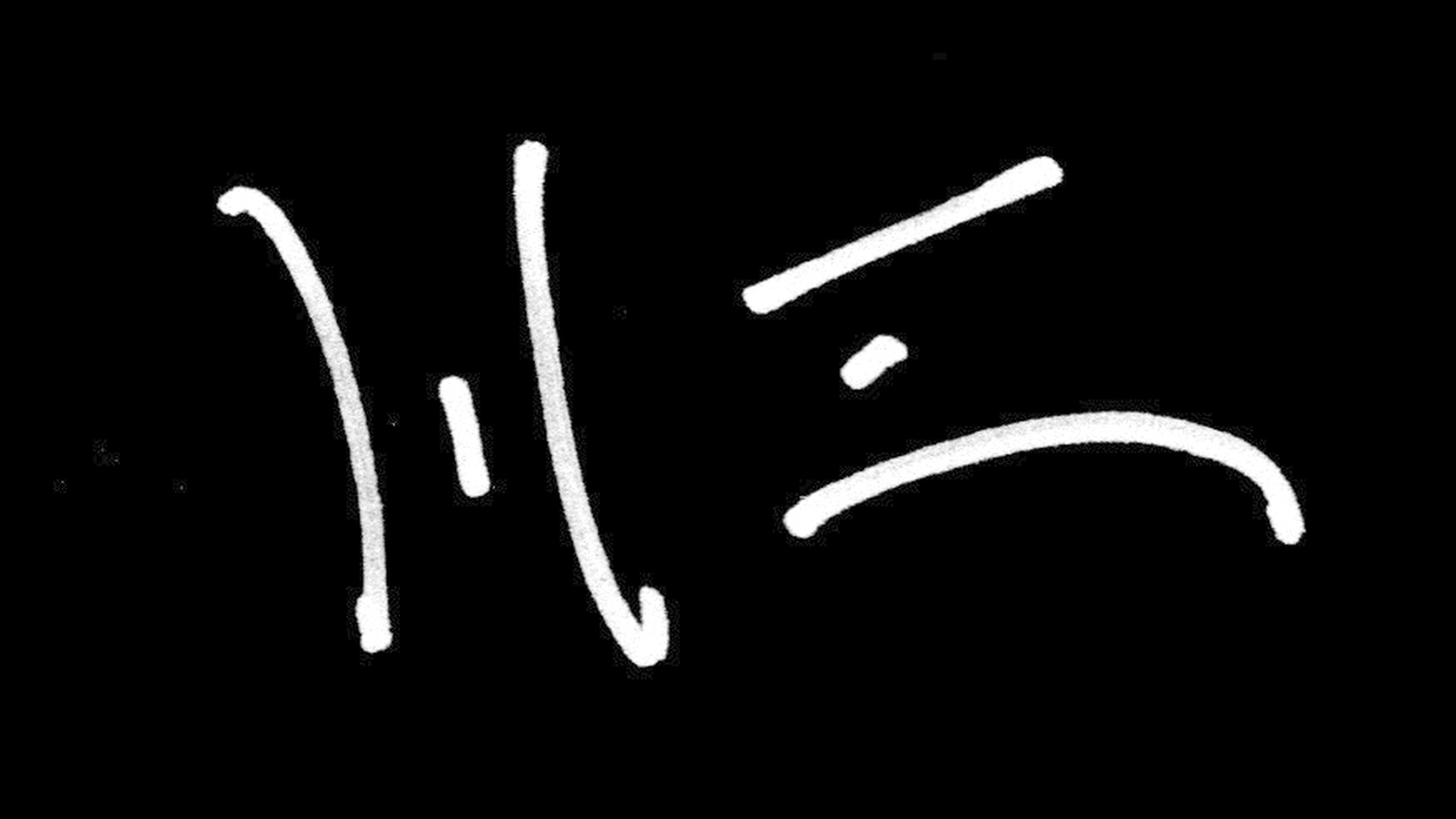Director's Statement
With Approaching the Unknown, I hope to resist standard notions of science fiction, with its emphasis on explication and practicality, to focus on what's beautiful, magical and ineffable about exploration and all human experience. My intention with this film was to create an intimate, intellectual character study of a man who thought he knew what he was doing, thought he was in control, but loses control and is forced to change. He comes to see that understanding and power and happiness come from openness, experience, change. He transforms from a confident engineer into a humble explorer, a poet.
This theme is very personal for me, because I have a tendency to want to do things all on my own, to control all aspects of an endeavor before embarking on it, to know the answers before I ask the questions. The process of making this film was one of the most agonizing and inspiring challenges in my life. The project changed tremendously from conception to completion, in some ways for better, in many for worse. Where the film fails is where it feels over-determined, conventional, scripted: the “action” scenes, the generic astronaut relationships, the forced narrative need for technical problems. I would’ve liked to change those things. And I think the best of the project is where we explored, improvised, discovered the emotion and ideas in the process of production. The strange mystery of the practical special effects, the ingenuity of the set design and camerawork in a confined location, the rich monologues and surprising voice over, the scenes of quiet repetition and revelation when Stanaforth notices something magical: particles in his eyes, drops of moisture in the wall, the sun through the window.
I hope viewers appreciate the subtle nuance of the film, imagining beyond the immediate plot to the deeper ideas and meaning. Along with our dedicated crew, I put all my heart and energy into this film. It was indeed a one-way journey into the unknown.

